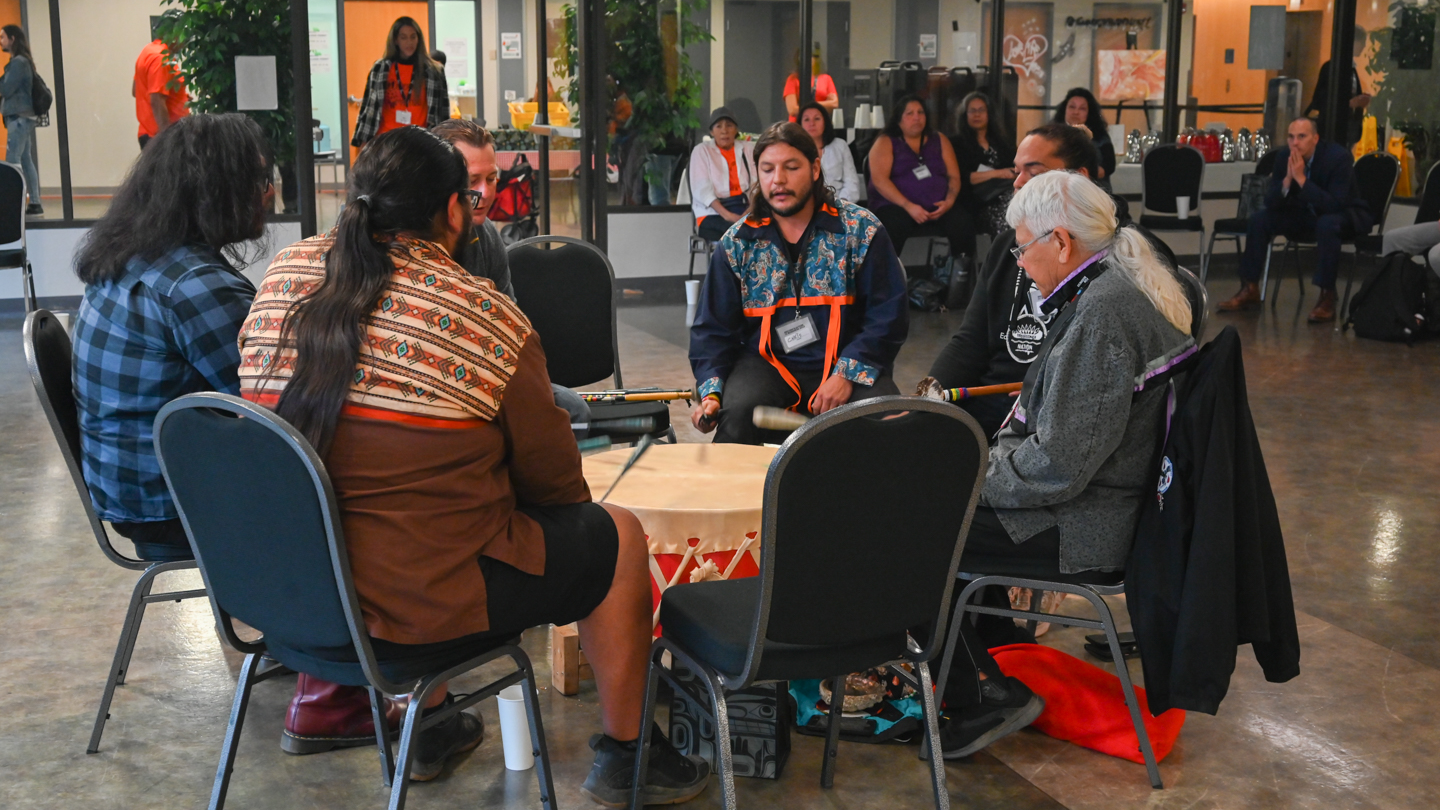By Uhanthaen Rajivolan
When Cody Anthony, a third-year marketing management student at Toronto Metropolitan University (TMU) of Dene descent went looking for an Indigenous business student group on campus last September, he was surprised to find that such a club didn’t exist.
“Institutions like McGill, University of British Columbia, University of Manitoba and Alberta had student spaces for Indigenous folks in commerce or business,” said Anthony. But the Ted Rogers School of Management (TRSM)—one of the largest business schools in Canada—did not have such a group.
Two months later, Anthony founded the Ted Rogers Indigenous in Business (TRIB) student group. The group aims at building an inclusive space for Indigenous business students and entrepreneurs while advocating for larger Indigenous representation in leadership roles.
A 2017 survey by the Canadian Board Diversity Council, an organization focused on advancing diversity among Canada’s boards, found that Indigenous professionals comprised only 1.1 per cent of executives on the Financial Post 500 list, a list of the largest Canadian companies by revenue, compiled by the Financial Post.
Another source of inspiration for Anthony was a four-month research project he conducted with Michael Mihalicz, an Indigenous advisor at TRSM and an assistant professor of entrepreneurship and strategy.
“This is part of an effort to right the story”
They found a strong tradition of entrepreneurship among Indigenous peoples, dating back to pre-colonial trade and exchange routes that contributed to the modern day economy. Prior to contact with European settlers, Indigenous peoples had robust trade economies, exchanging goods such as obsidian all throughout ancient North America, Anthony said.
“This is part of an effort to right the story,” said Mihalicz. “People have the impression that trade as an economy was brought with Europeans and given to Indigenous communities, which couldn’t be further from the truth. All of that existed throughout the Americas for thousands and thousands of years.”
According to the 2011 census, more than 37,000 Indigenous people were self-employed that year and almost 10,000 Indigenous entrepreneurs entered the labour market from 2003 to 2011. The Canadian Council for Aboriginal Business (CCAB) estimates 36 per cent of Indigenous businesses create further employment.
River Christie-White, a second-year professional music student at TMU and member of the Oneida Nation of the Thames, was one of many attendees at TRIB’s Reconciliation in Business conference at the Ted Rogers School of Management last month.
“We were able to meet everyone—from other Indigenous entrepreneurs to corporations and businesses—that were there to see what was going on in the Indigenous entrepreneurial space,” said Christie-White.
“Indigenous entrepreneurship across Turtle Island doesn’t only exist in business schools”
The full-day event featured panel discussions that touched on various business and Indigenous-related topics. Subjects of discussion included “Indigenous in Tech,” “Indigenous Worldviews in the Classroom” and “Indigenous Attainment of Finance,” as well as keynote speakers for the “Reconciliation and Entrepreneurship” talk and experiential workshops.
Chantal Wong, the President of the Ted Rogers Students’ Society and fourth-year business management student, feels the group is doing important work for reconciliation.
“I think it’s important, especially in a business format, that equity-deserving groups are represented,” she said.
In the future, Anthony plans on expanding TRIB beyond TRSM by creating a space for Indigenous entrepreneurs to network and share knowledge and resources, regardless of if they’re a business major or not.
“The embodiment of Indigenous entrepreneurship across Turtle Island doesn’t only exist in business schools,” said Anthony. “These efforts are often passed down generations and give our people the chance to express themselves in a way of trade and exchange.”












Leave a Reply